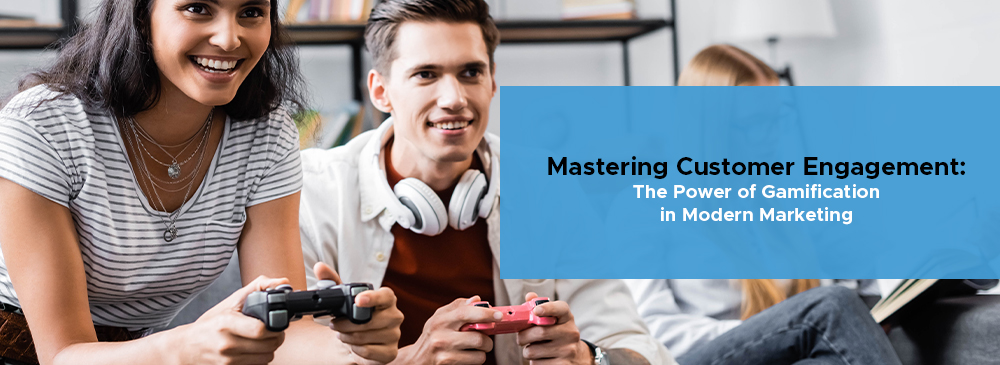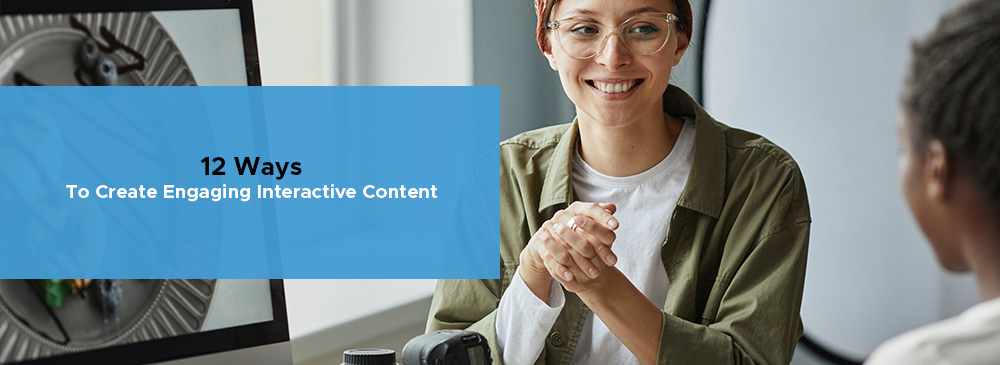Staying ahead of the curve in marketing is not just an advantage but a necessity. Artificial Intelligence (AI) has emerged as a game-changer, revolutionizing the way businesses connect with their audience. One of the most important aspects of AI in marketing is its ability to craft personalized advertisements, improve customer engagement, and at the same time optimize time and resources. In this list, we’ll take a closer look at the synergy between AI, personalized ads, and the value of time in marketing.
1. Precision Targeting
AI algorithms sift through vast amounts of data to identify patterns and preferences. This ability results in precise targeting. By analyzing user behavior, AI can understand individual preferences, and produce ads that resonate with specific audiences. This not only increases the likelihood of conversion but also maximizes the impact of marketing campaigns.
For example, if a user frequently searches for running shoes and clicks on products related to fitness, the AI can identify this pattern. Likewise, the platform can target this user with personalized advertisements showcasing the latest running shoe arrivals or exclusive fitness-related promotions. It may seem freaky but that’s just AI or the algorithm doing its job.
2. Dynamic Content Creation
Gone are the days of static advertising content. AI enables marketers to create dynamic, personalized content that fits individual user profiles. Through learning, algorithms can analyze user interactions and create content in real time. This approach makes sure that the content is always relevant, getting the attention of the audience and increasing engagement.
Again, consider a travel agency using AI for content creation. As a user explores the website, algorithms analyze the user’s choices based on clicks, time spent on pages, and past interactions. The content on the website changes, presenting personalized travel itineraries, destination recommendations, and special offers tailored to the individual user’s interests. All of a sudden, planning one’s vacation becomes more fun and exciting.
3. Predictive Analytics
AI in marketing goes beyond real-time reactions. Predictive analytics, driven by AI, anticipates customer behavior based on past habits. By understanding potential trends and identifying opportunities, marketers can tailor their campaigns, saving time on trial and error. This foresight allows for more effective resource allocation, enhancing the overall efficiency of marketing efforts.
By analyzing user data, the AI predicts which customers are likely to churn. Armed with this information, the marketing team can proactively design targeted campaigns, offering personalized incentives or exclusive content to retain those at-risk customers. Talk about being steps ahead!
4. Automated Ad Placement
Manual ad placement is a time-consuming task, especially in multi-channel marketing. AI makes this process easier by automatically placing ads where they are most likely to produce results. Whether it’s on social media, search engines, or other platforms, algorithms consider factors to make sure ads reach the right audience at the right time, maximizing exposure and impact.
Today, digital marketing agencies managing multiple clients across various platforms can automatically adjust the budget allocation to channels that yield the highest return on investment. This automated ad placement makes sure resources are optimized. It’s like having a media agency at your beck and call.
5. Real-time Personalization
AI enables marketers to personalize content in real-time based on user interactions. By analyzing user behavior during a session, AI can modify the content displayed, ensuring a continuous personalized experience. This real-time personalization not only enhances user engagement but also saves time by automating the customization process.
Have a look at streaming services like Netflix. It uses AI for real-time personalization. As a user watches content, the AI continuously analyzes viewing habits. If the user enjoys crime dramas, the service can dynamically recommend similar shows or movies in real time, ensuring a personalized and engaging experience during each viewing session. In short, as you watch your favorite shows, the AI also watches you so it can make your viewing experience a more memorable one.
6. Enhanced Customer Segmentation
Effective marketing requires understanding the segments within a target audience. AI is good at segmentation by analyzing complex datasets and identifying distinct customer groups. This understanding allows marketers to fit their messages more precisely, resonating with each segment individually. The result is a more efficient use of resources and a higher return on investment.
If an online retailer uses AI, it can create highly specific customer segments. By analyzing purchase history, browsing behavior, and demographic data, the AI identifies segments like “frequent shoppers,” “occasional buyers,” and “new customers.” Marketers can then tailor promotions and content to the segment’s unique preferences, optimizing the impact of marketing efforts. Much like 16Personalites.
7. Chatbot Interactions
With customer service and engagement, AI-powered chatbots play an important role. By handling routine queries and interactions, these chatbots free up valuable human resources. This time-saving innovation allows marketing teams to focus on strategic initiatives while making sure that customer queries are promptly addressed. It’s a win-win for efficiency and customer satisfaction.
It’s like a tech company implementing a customer support chatbot powered by AI. The chatbot can efficiently handle FAQs, provide product info, and troubleshoot common issues. This automation saves time while making sure that customers receive prompt responses, improving customer satisfaction. It can also make for an instant chat buddy.
8. A/B Testing Optimization
A/B testing is an important part of refining marketing strategies. AI takes this process to the next level by conducting tests and analyzing results. By swiftly identifying what works and what doesn’t, AI enables marketers to optimize campaigns in real time. This approach saves time compared to manual A/B testing. It’s a marketing team, instead of manually adjusting variables,
AI algorithms can test different ad creatives, headlines, and targeting parameters. The AI analyzes performance data, identifying the most effective combination, and optimizing the campaign in real-time. It’s like having a focused group session on demand, anytime, all the time. And it won’t cost you an arm and a leg.
9. Adaptive Email Marketing
Email marketing remains a potent tool, and AI has elevated its effectiveness. Algorithms analyze user behavior, tailoring email content to individual preferences. From personalized subject lines to content recommendations, AI makes sure that each email is properly targeted. This level of customization improves engagement and streamlines the email marketing process.
An online bookstore like Barnes and Noble uses AI to tailor email campaigns. Based on a user’s past purchases and browsing history, the AI generates personalized email content. For instance, a customer interested in mystery novels might receive personalized emails highlighting new releases in the mystery genre or exclusive discounts on detective novels. It beats scrolling through the entire catalog.
10. Improved ROI Measurement
Measuring the return on investment (ROI) of marketing campaigns is no easy feat. AI simplifies this process by giving detailed analytics and insights. Marketers can track the performance of campaigns, identify areas of improvement, and allocate resources efficiently. This data-driven approach helps save time and also enhances the overall effectiveness of marketing strategies.
It can track key metrics such as click-through rates, conversion rates, and customer acquisition costs. By presenting specific insights, the AI enables marketers to make guided decisions, optimizing resource allocation for maximum return on investment.
It’s a different world we live in today. The use of AI in marketing is inevitable. The fusion of AI, personalized ads, and time savings improves the efficiency of marketing efforts while amplifying the impact on the target audience. From precision targeting to real-time personalization, AI provides innovation, allowing marketers to eliminate the complexities. Accepting AI is not just a choice but a paradigm shift toward a future where marketing is about more than reaching the audience, but connecting with them on a deeper level.
The time to harness the transformative potential of AI in marketing is now. So, take the plunge and allow TWLV20 to help you harness the power of AI. Reach us on our socials or shoot us an email. It’s time to optimize your brand with AI.



